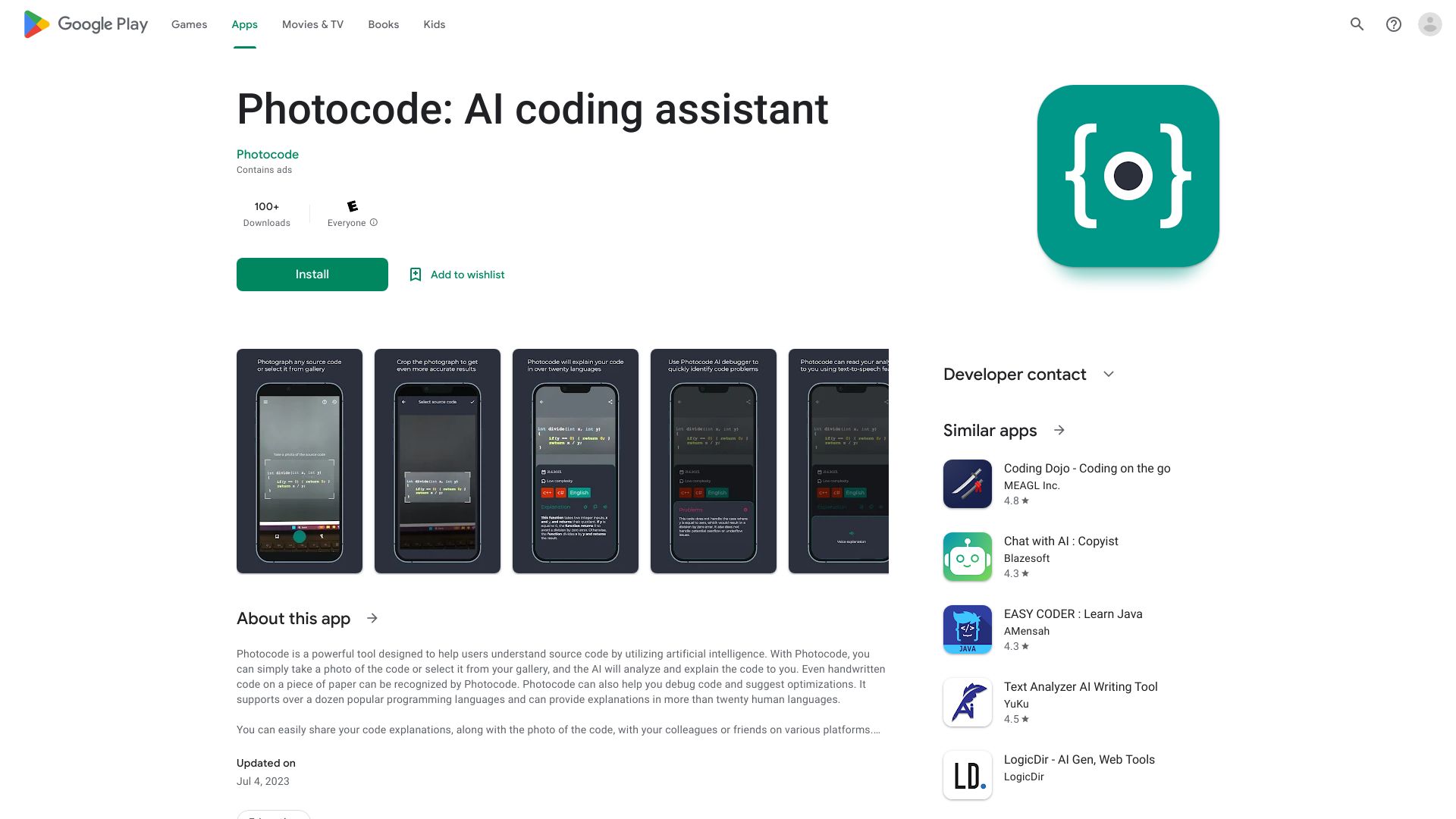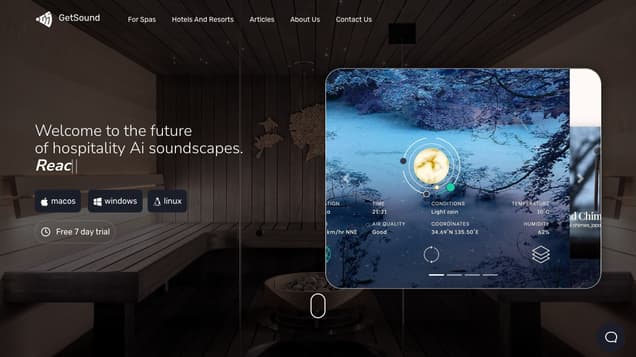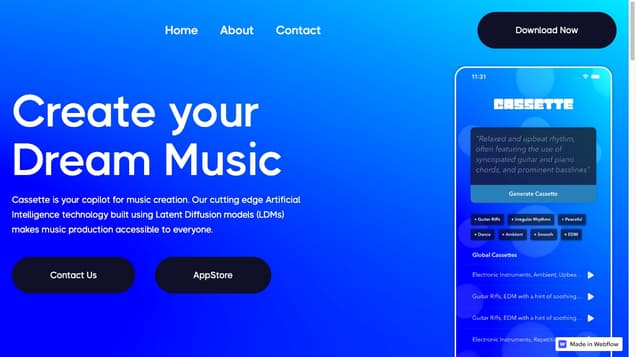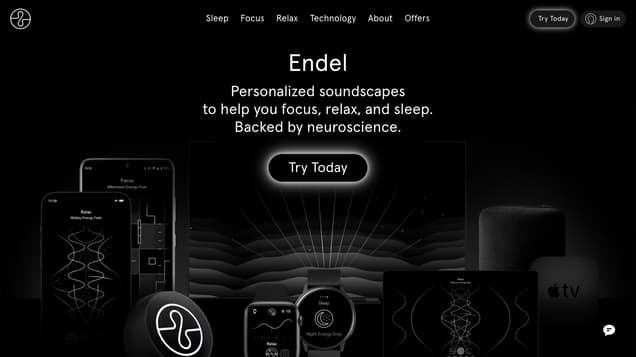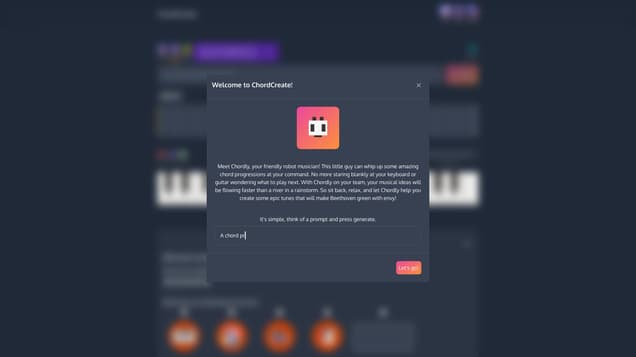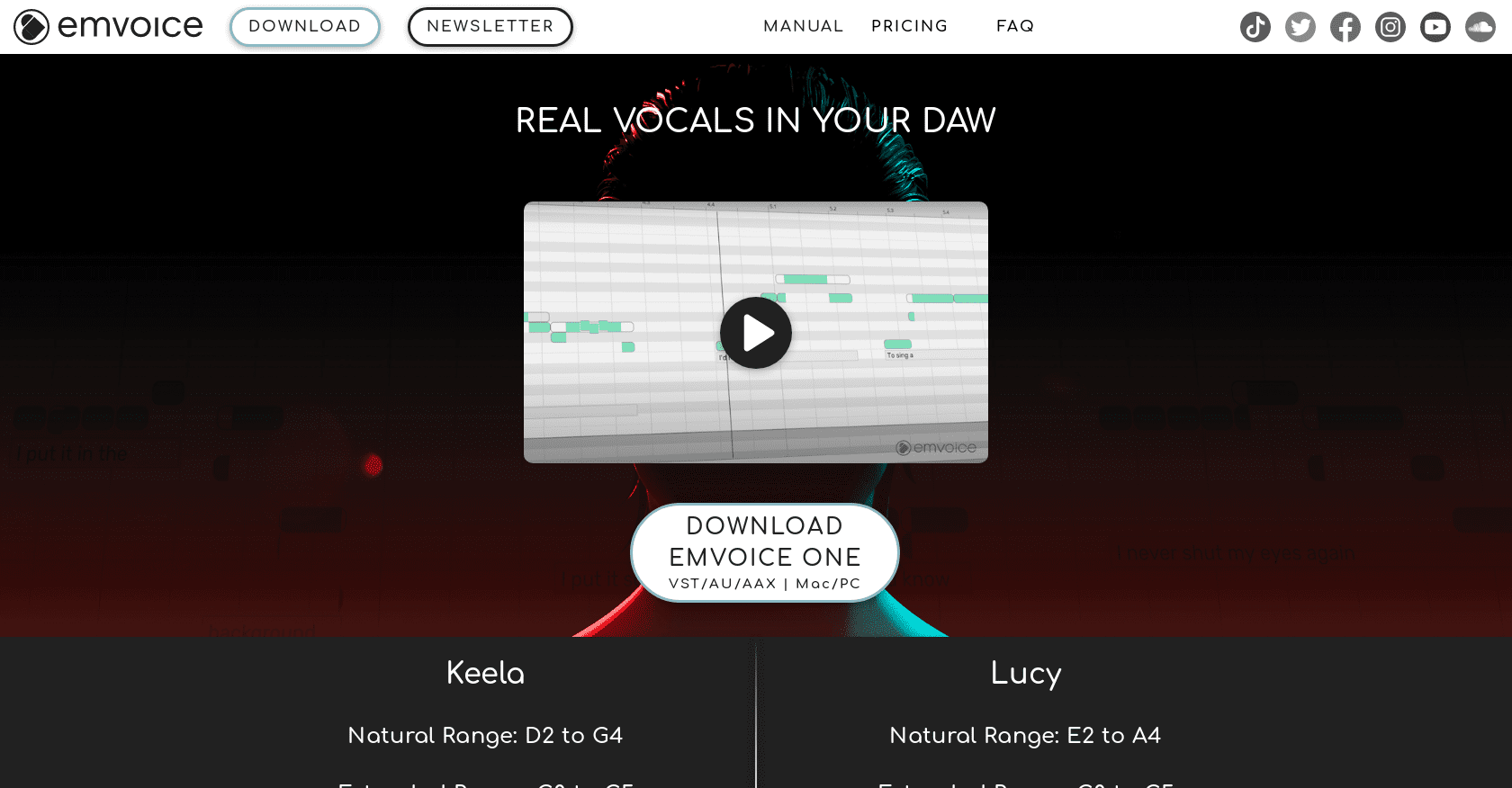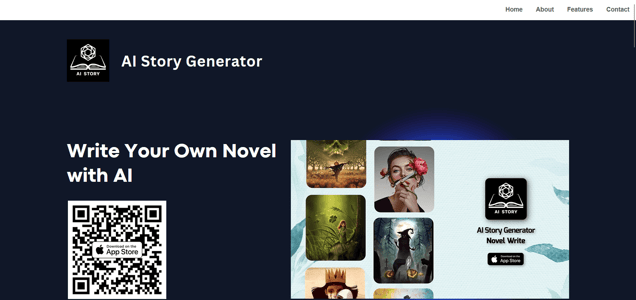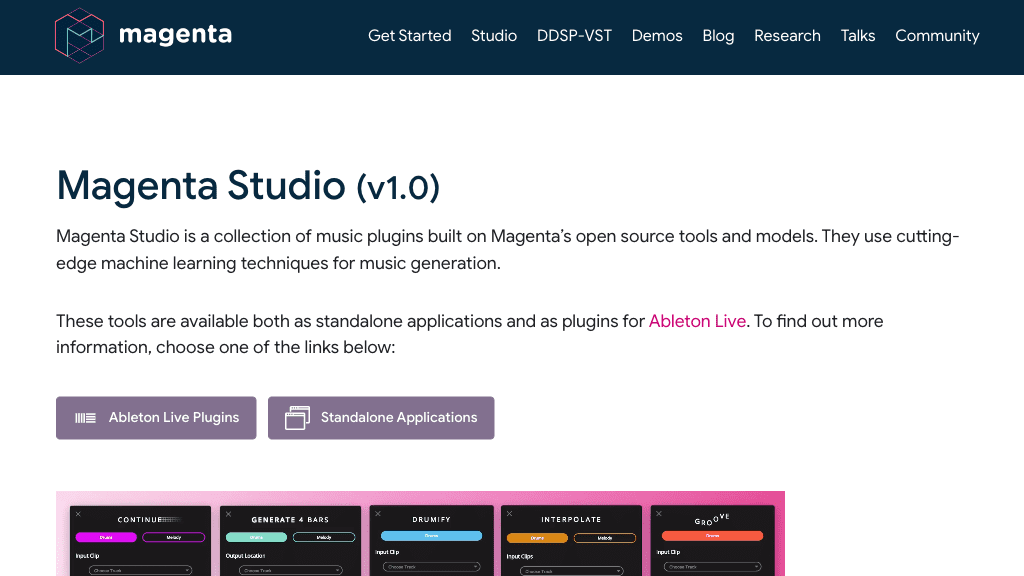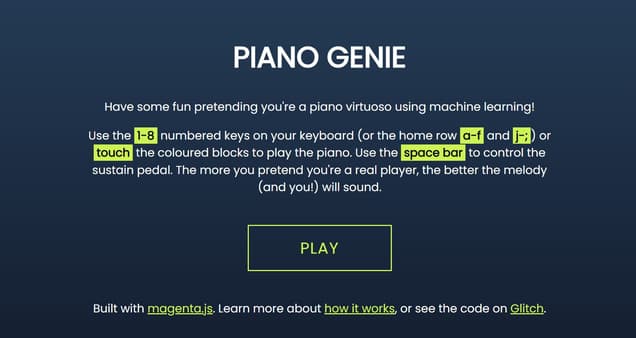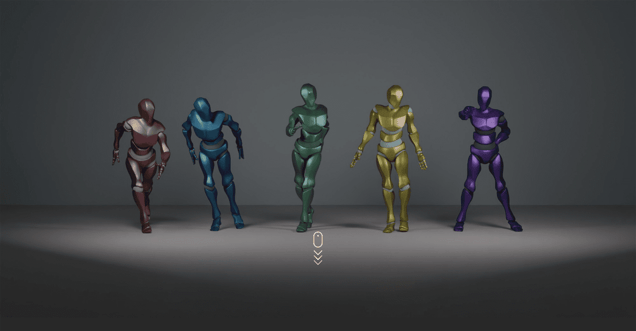
What is Edge Dance?
Edge Dance is an AI tool that utilizes a frozen Jukebox model to transform music into high-quality choreographies. By encoding input music into embeddings and employing a conditional diffusion model, Edge Dance generates 5-second dance clips. To ensure temporal consistency, temporal constraints are applied to batches of clips before stitching them into a full video of any desired length.
If you're looking to create captivating dance videos from your favorite songs, Edge Dance is the ideal solution. The AI-generated choreographies are not only smooth and expressive but also customizable to match any style or genre. With its user-friendly interface, Edge Dance allows dancers and choreographers, regardless of their experience level, to effortlessly create professional-level videos. From hip-hop and jazz to contemporary and Latin, the possibilities for creativity are boundless. Experience the limitless potential of Edge Dance and unleash your inner dancer.
Information
- Price
- Contact for Pricing
Freework.ai Spotlight
Display Your Achievement: Get Our Custom-Made Badge to Highlight Your Success on Your Website and Attract More Visitors to Your Solution.
Website traffic
- Monthly visits2.09K
- Avg visit duration00:01:08
- Bounce rate58.29%
- Unique users--
- Total pages views3.39K
Access Top 5 countries
Traffic source
Edge Dance FQA
- What is the purpose of EDGE Dance?

- What is the EDGE Model?

- What are some end-user applications of EDGE?

- How does EDGE ensure physical plausibility in dances?

- What do human raters prefer, dances generated by EDGE or previous work?

Edge Dance Use Cases
EDGE is used to generate choreographies from music.
EDGE can generate dances of any length by imposing temporal constraints on sequences.
EDGE supports arbitrary spatial and temporal constraints for editable synthesis.
Arbitrarily long dances can be created by enforcing temporal continuity between batches of multiple sequences.
Dances subject to joint-wise constraints, such as lower body generation given upper body motion, are supported by EDGE.
Motion in-betweening is possible with EDGE, allowing dances to start and end with pre-specified motions.
Dance continuation is supported by EDGE, allowing dances to start with a pre-specified motion.
EDGE avoids unintentional foot sliding and is trained with physical realism in mind.
Human raters strongly prefer dances generated by EDGE over those of previous work.
